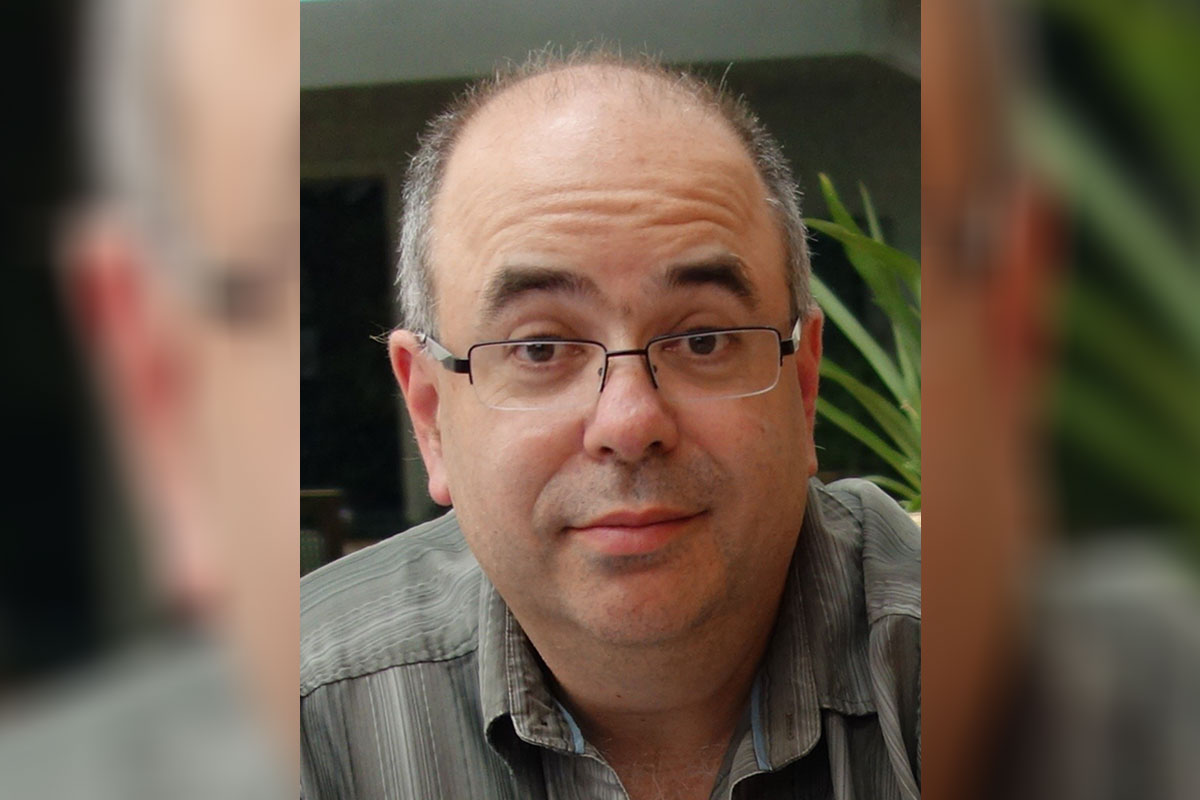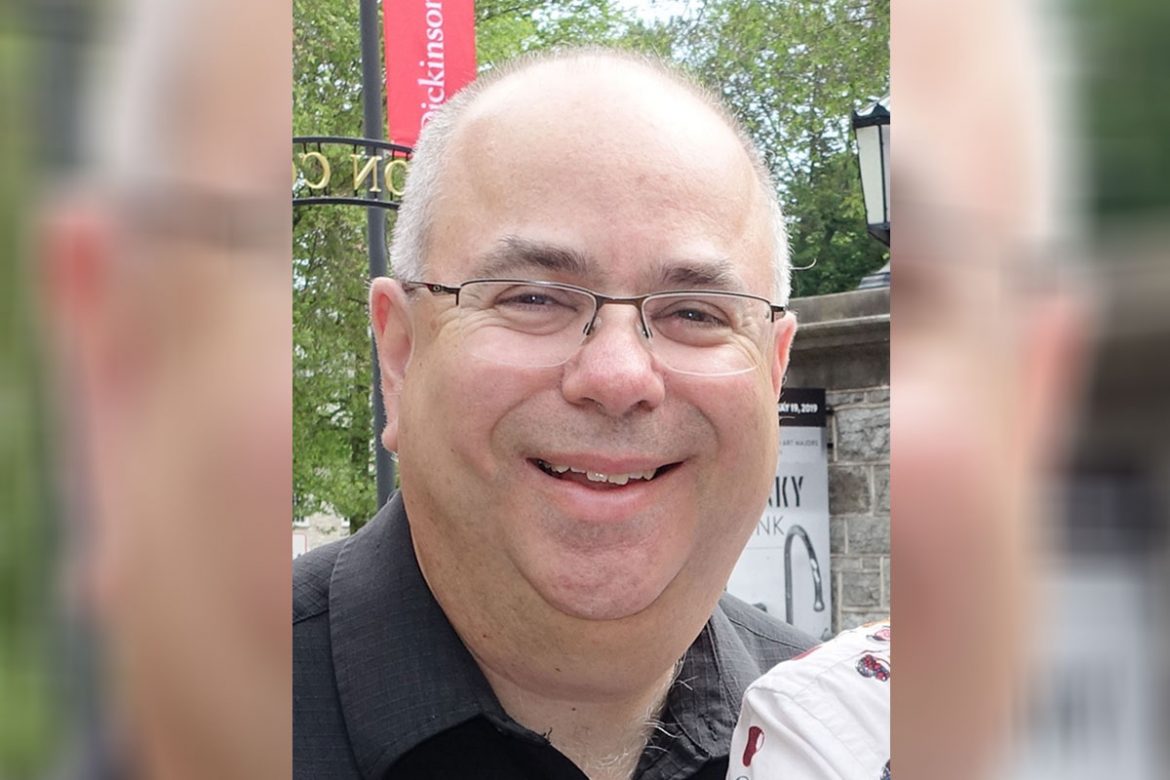By: Patsy B. Weiler
MTSU faculty member David Friedman is in his element when teaching students chemistry.
The California native first came to campus during the 2016 spring semester to instruct one class after conducting research for more than a decade at Vanderbilt University in the field of protein chemistry and proteomics — the analysis of the entire protein complement of a cell, tissue or organism. Also, he has a background in biochemistry, genetics and biological sciences.
Stepping behind the lectern again proved to be the catalyst that would thrust him back into the academic laboratory.
“Ultimately, I really did want to get back into teaching. I had done some in graduate school, but the nature of my professional job severely limited it,” said Friedman. “I was looking forward to being in the classroom, devoting my energies to planning the semester and giving a whole body of knowledge to students.”
Friedman teaches general chemistry for both majors and non-majors and also coordinates the two-semester lecture series as well as the first semester introductory courses’ co-requisite lab sections for the department.
Critical thinking skills for life
One of the key reasons the dedicated educator wanted to return to the classroom was to teach young adults critical thinking skills, particularly in the scientific field.
“I’m aware for the non-major students my class will probably be the last science class they take,” said Friedman. “It is important I teach all my students how to fundamentally recognize and understand what science is. Only recently has science been called into question in certain arenas. Regardless if students choose a professional career in science or not, they will be faced with making decisions about scientific issues that could affect them for the rest of their lives.”
Before the coronavirus arrived, he had never taught outside of the traditional classroom, but quickly responded by meshing his lecture style with Zoom technology to provide his students a virtual experience as close as possible to in-person learning. All of his spring classes met remotely. Friedman’s fall classes were divided with students alternately attending on campus and joining remotely in order to adhere to social distancing guidelines.
‘Engaged, interacting’ students
Utilizing his iPad, Friedman annotated his remarks digitally on slides, of which the students had a copy, while talking in a manner similar to former days when teachers utilized overhead projectors in the classroom. Since it was essentially the same way his classes had been taught in-person, the chemistry lecturer thinks his students seemed to transition well and reviews were positive.
“I certainly didn’t invent it. It is old-school lecturing, but it works,” he said.
Friedman’s lectures were transmitted live to students who were watching remotely and able to ask questions. He required his students to attend during the scheduled class time, although the lectures were recorded and could be watched later.
“I wanted to make sure my students were on the same page, engaged and could interact with me live,” he said. “And, later in the spring, it was important they were getting the same learning experience if they were in class or watching remotely.”
He shakes his head at the memory of an early adventure when his class was “Zoom bombed” — a disruptive intrusion during the video meeting.
“It seems like eons ago,” said Friedman. “I told the class to sign out and emailed them a new code. We were back up in about five minutes.”
Initially, trying to prepare virtual materials for the accompanying labs was challenging. During summer 2020, the MTSU chemistry teachers agreed to go to a hybrid schedule of rotating the days when one-half of the students met in lab and the other half conducted virtual experiments, and then they swapped.
“I really wanted to keep myself and my students as safe as possible, but there just is no virtual lab in existence that takes the place of doing it yourself, mixing it, seeing the gas bubble up and doing chemistry,” said Friedman.
Also, he utilizes D2L, or Desire2Learn, MTSU’s online learning platform, for his tests and likes the statistical data the site provides.
‘Motivating them to do their best’
Friedman says chemistry can be a difficult class and he keeps a positive attitude and is a class cheerleader. He also developed a video to help his students learn analytical study skills.
“I hope they see their professor is positive, passionate about teaching and cares about their success, and it will motivate them to do their best,” he said. “I run a pretty tight ship, but occasionally I’ll drop in a ‘lame dad joke’ just to add a little levity.”
He says he is proud to teach at MTSU.
“There are a lot of first-generation college students on campus that are rising to meet the challenge everyday,” said Friedman. “Some of them are working multiple jobs to attend and are living from paycheck-to- paycheck. They work hard. They want an education. It is inspiring.”
– Patsy Weiler (Patsy.Weiler@mtsu.edu)

(Photo: Submitted by Dr. David Friedman)


COMMENTS ARE OFF THIS POST